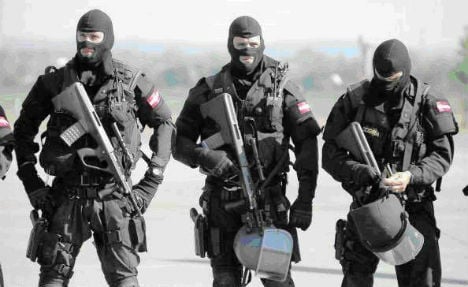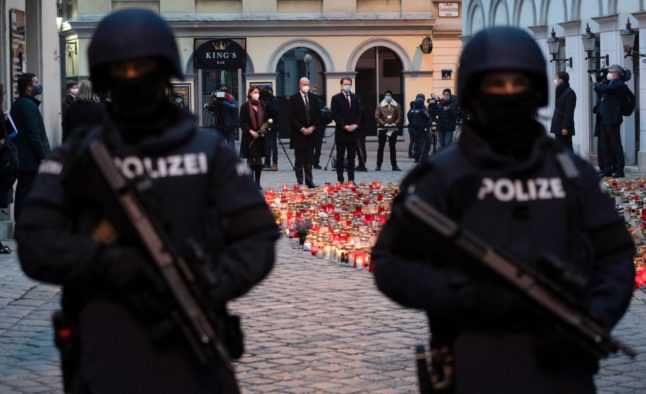Speaking ahead of a major anti-terrorism exercise in Vienna this evening, he said: “we must not close our eyes and ignore the dangers”. According to the BVT the main danger comes from jihadists returning from conflict zones in the Middle East, or those who tried to leave Austria to fight with the Islamic State group and were prevented from doing so.
Gridling added that the number of known jihadists in Austria is currently around 288. The ‘hotspots’ for radicalization in Austria are Vienna, Styria and Lower Austria, he said.
However, the number of active or potential jihadists from Austria has slightly fallen in 2016 – which Gridling said was down to the action of security forces and judicial authorities, with prison sentences for those attempting to join the Islamic State acting as a deterrent.
Gridling said that he couldn’t rule out that radical jihadis had entered Austria along with the influx of refugees and that they may have been able to set up a terror sleeper cell.
Gridling said that xenophobic crimes and hostility towards asylum seekers and foreigners had increased along with the terror threat and that it was regrettable that anti-foreigner sentiment and language that was once heard only in extreme right-wing circles had now become part of normal discourse.



 Please whitelist us to continue reading.
Please whitelist us to continue reading.